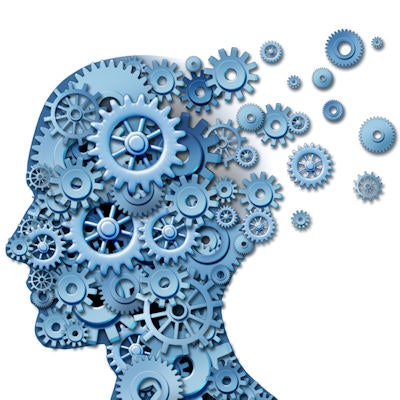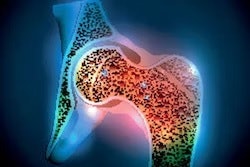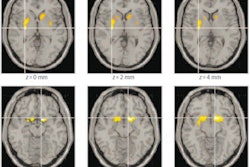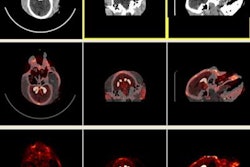
Abusing marijuana can add years to your brain's age. And so can bipolar disorder, schizophrenia, and a number of other factors, according to a study published online August 3 in the Journal of Alzheimer's Disease. Researchers using SPECT found evidence of accelerated brain aging among people with various disorders and behaviors.
Investigators from four U.S. healthcare institutions and Google reviewed 62,454 SPECT brain scans from more than 30,000 people ranging in age from 9 months to 105 years. SPECT offers the ability to measure regional cerebral blood flow, which is reduced in people with neurological abnormalities and also with the natural aging process.
"Throughout the lifespan, variations in perfusion were observed in childhood, adolescence, and late life," wrote lead author Dr. Daniel Amen, psychiatrist and founder of Amen Clinics in Costa Mesa, CA, and colleagues. "Increased brain aging was seen in alcohol use, cannabis use, anxiety, bipolar, schizophrenia, attention deficit hyperactivity disorder (ADHD), and in men."
The researchers targeted a total of 128 brain regions to predict the chronological age of the subjects. They compared the estimated brain age derived from SPECT with the subject's actual chronological age. Several disorders and behaviors predicted accelerated aging, they found.
| Effect of factors on brain age | |
| Factor | Years added to brain age |
| Schizophrenia | 4 years |
| Cannabis abuse | 2.8 years |
| Bipolar disorder | 1.6 years |
| ADHD | 1.4 years |
| Alcohol abuse | 0.6 years |
"The cannabis abuse finding was especially important, as our culture is starting to see marijuana as an innocuous substance," Amen said in a statement. "This study should give us pause about it."
On the other hand, the researchers found no evidence that depression added years to a brain's age. Why might depression be exempt from the abnormal aging process? The group suggested that different types of brain patterns for these disorders could play a role.
"Based on one of the largest brain imaging studies ever done, we can now track common disorders and behaviors that prematurely age the brain," Amen added. "Better treatment of these disorders can slow or even halt the process of brain aging."




















